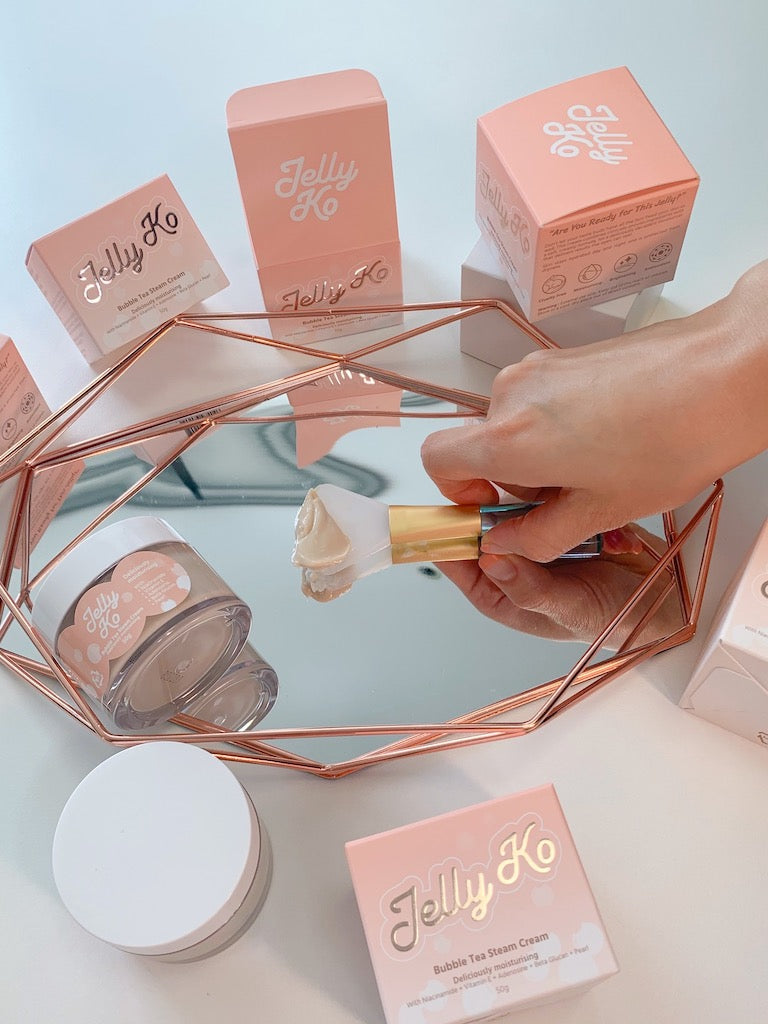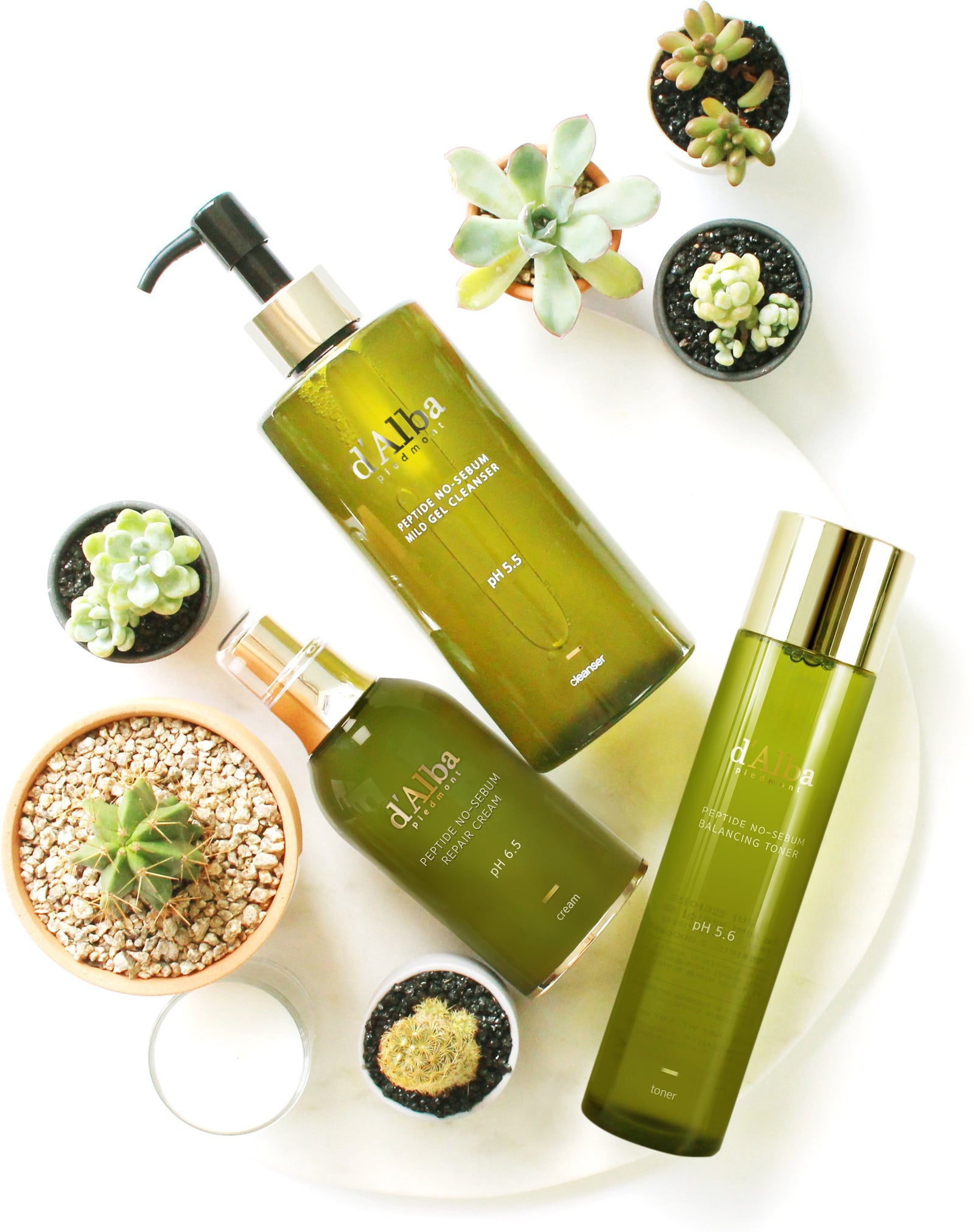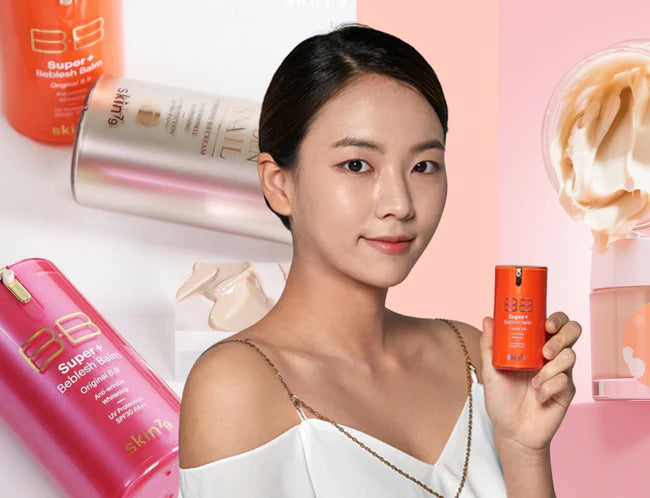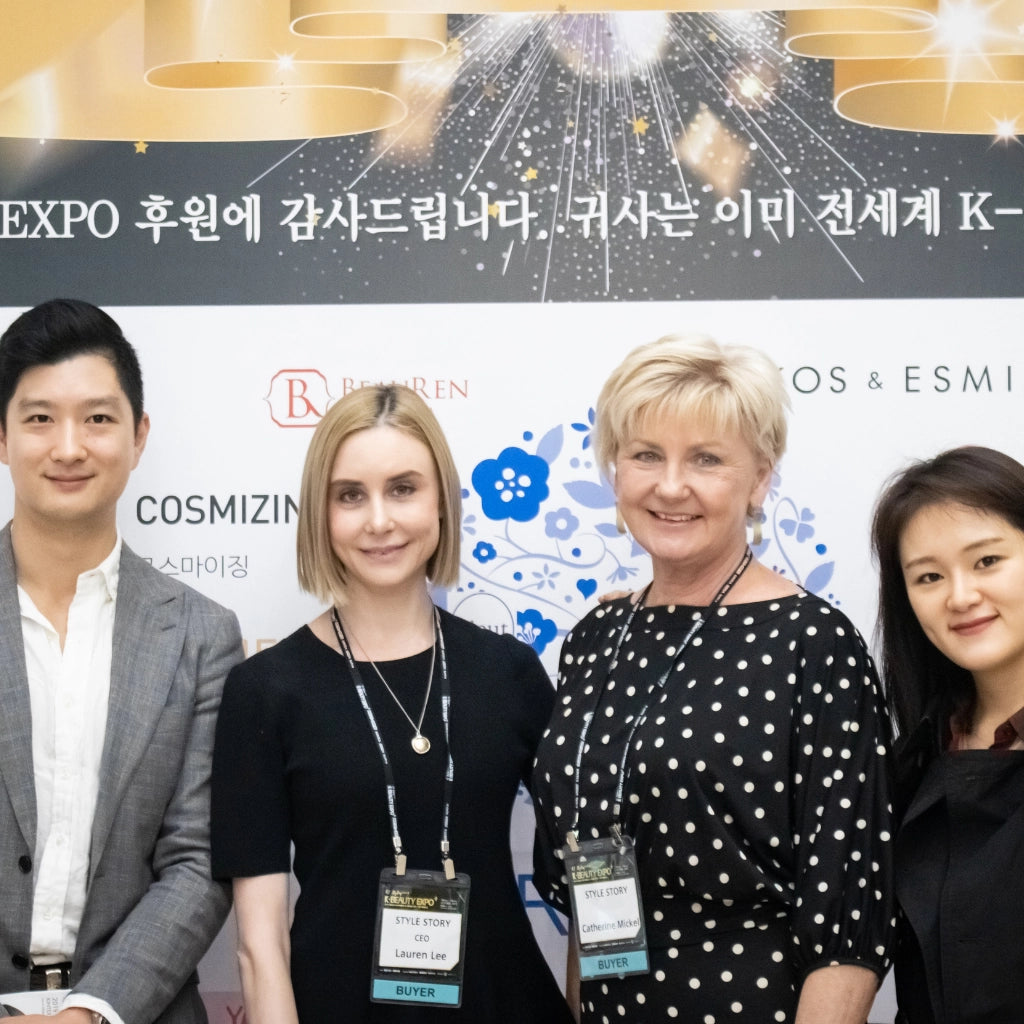The Korean Beauty Show 🎧 Your K-Beauty audio library starts here →
Menu
K-Beauty in Marie Claire Magazine
March 31, 2023

K-Beauty in Marie Claire Magazine
Last month, STYLE STORY founder Lauren Lee was the featured expert for K-Beauty in Marie Claire Magazine. Lauren's article covered a range of K-Beauty topics, including:
- The Mainstays of K-Beauty
- Key Ingredients in K-Beauty
- The Key Focus of Korean Skincare
- How did K-Beauty get so Popular?
Read on to find out more about what Lauren discussed in Marie Claire!

The Mainstays of K-Beauty
K-Beauty has a "skincare first, makeup second" approach to beauty, focusing on hydration over exfoliation.
Rather than a set of steps that need to be followed it’s really more about customising an approach to care for your skin’s everchanging needs.
The products and textures that are suitable for the skin in winter are not necesarily what's needed in Summer. So, in K-Beauty, there’s a focus on learning what your skin current needs are and responding to that.
Key Ingredients in K-Beauty
Hydrating, nourishing and gentle ingredients are the mainstay of K-Beauty.
Popular ingredients at the moment include probiotics, Centella asiatica (or Cica), heartleaf, mugwort and ginseng. Retinol and Bakuchiol (Nature's retinol) are also trending this year, though these two ingredients are usually found in smaller concentrations to lessen the chance of causing skin irritations.
The Key Focus of Korean Skincare
Rather than the focus on anti-aging in Western skincare, Korean beauty really focuses on taking care of the skin properly at every stage.
It’s not unusual in Korea for teenagers to make regular trips to a family facialist and both men and women spend considerably more time, money and focus on their appearance.
Similarly, Koreans tend to shy away from really harsh actives and exfoliants because they don’t like the side effects and damage to the skin that go along with them (i.e. dry, flaky, irritated or red skin). Instead, the approach is to gradually treat the skin over time rather than looking for a quick solution.
How did K-Beauty get so Popular?
K-Beauty became popular because it transformed skincare - from a boring, routine but essential part of daily life - into something fun.
It’s no coincidence that the rise in social media skin care culture and “skinfluencers” happened at the same time as K-Beauty exploded in popularity. The products translated well in the global beauty market because they were well-priced, highly effective and skin-focused while also being fun to use and visually appealing. The fact that product names were in English also improved their accessibility.

Korea is now a leading source of product manufacturing in the global beauty world and many international brands make their products here. Korea is not only a manufacturing hub, but also does a lot in the research and development space, researching and patenting new ingredients and looking into new ways of improving ingredients that are already on the market.
Shop the Article
The Korean Beauty products featured in the Marie Claire article were:
1 Jelly Ko Cinnamon Toast Sugar Scrub Foam
2 Innisfree Jeju Volcanic Pore Clay Mask
4 COSRX AHA Whitehead Power Liquid
5 Sulwhasoo Concentrated Ginseng Renewing Serum
STYLE STORY - Your Go-To for K-Beauty
Shop Now
"It’s no coincidence that the rise in social media skin care culture and “skinfluencers” happened at the same time as K-Beauty exploded in popularity."
- Lauren Lee, Kbeauty Expert





Leave a comment
Comments will be approved before showing up.